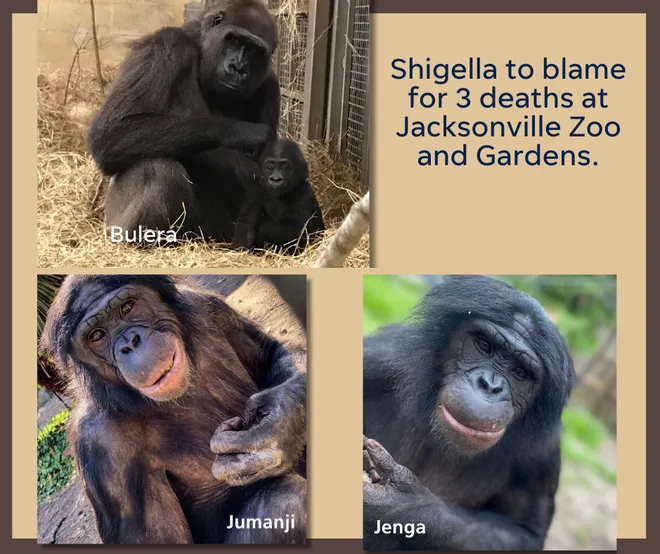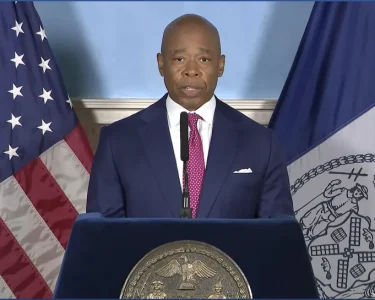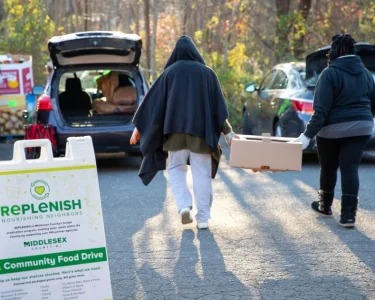The Jacksonville Zoo and Gardens recently faced a devastating incident as three beloved apes, including two brother bonobos named Jumanji and Jenga, and a 35-year-old western lowland gorilla named Bulera, succumbed to a Shigella infection. This tragic event has stirred concern and sorrow among the zoo staff and animal enthusiasts alike.

Shigella, a bacteria that predominantly affects the gastrointestinal system, leads to severe symptoms like diarrhea, vomiting, cramps, and dehydration. It’s particularly lethal in apes, complicating their recovery due to their sensitive digestive systems. The source of the infection is still uncertain, with speculation about whether an asymptomatic ape or, less likely, a staff member could have introduced the bacteria to the habitat.
Jumanji and Jenga, who were known for their endearing personalities and close bond, particularly suffered due to pre-existing heart conditions, which likely exacerbated their vulnerability to the infection. The zoo community remembers Jumanji as a “sweet and gentle soul” and Jenga as a playful spirit, making their loss even more poignant.
The zoo has responded to this outbreak with heightened medical care and preventive measures, aiming to curb any further spread of the infection among the remaining ape population. These efforts include rigorous sanitation of the living areas and careful monitoring of the health of other apes, which have shown signs of progress in recovery.
This incident has highlighted the fragile nature of captive wildlife health and the complexities of managing infectious diseases in such settings. The Jacksonville Zoo continues to request the support and understanding of the public as they navigate through these challenging times.
For ongoing updates and how you can support, please visit Jacksonville Zoo’s official site.
Explore more on primate conservation and the implications of infectious diseases in zoo habitats on Digital Digest.




